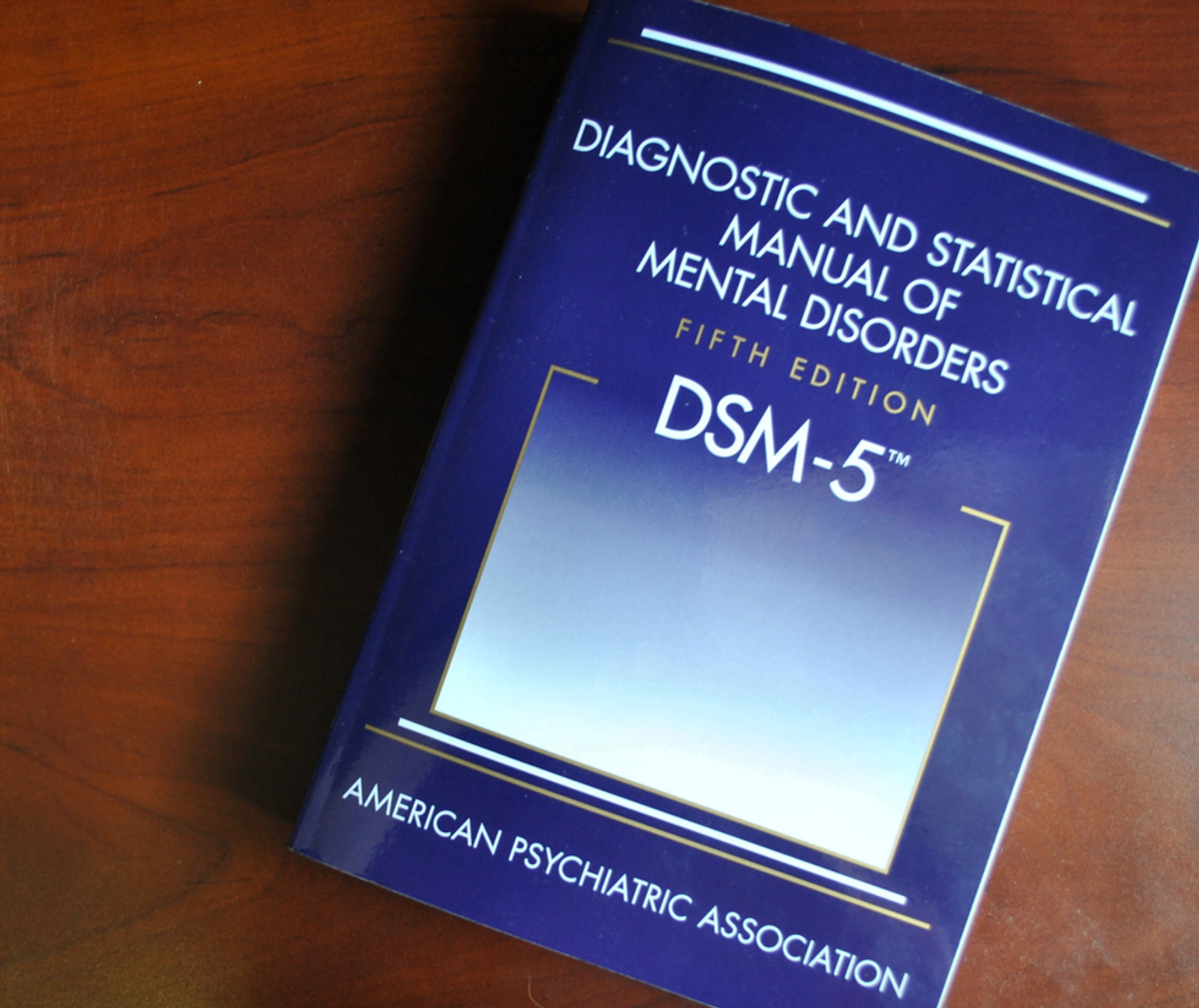Lately, the word “addicted” gets used all the time. “She’s addicted to sugar.” “He’s addicted to that video game.” And there are lots of articles in popular publications that report on studies implying that this could be true addiction. They point out that a treat or an activity cause pleasure in the brain, and a person begins seeking out that treat or activity obsessively as a result.
The reality of addiction, also known as substance use disorder or SUD, just isn’t that simple.
What is addiction?
According to the American Psychiatric Association, addiction is a severe manifestation of a substance use disorder: It is a brain disease.
People develop addiction disorders when they compulsively use substances such as drugs or alcohol to the point that acquiring and using the substance becomes the focus of their life, regardless of the problems the behavior causes for them.
How does the addiction develop?
There are a number of substances that can change the brain’s wiring through their use. These include the following:
- Alcohol
- Tobacco
- Opioid pain killers
- Sedatives, hypnotics, and drugs prescribed to reduce anxiety
- Cocaine
- Methamphetamines and other stimulants
- Inhalants
- Hallucinogens such as PCP and LSD
- Marijuana
This is not a complete list, but it does represent many of the most common substance types that may change the brain and lead to addiction. Some substances are more addictive than others, and some people have traits that make them more likely to develop an addiction.
How does addiction affect the brain?
Once the brain manifests the changes these substances cause, an individual will have intense cravings that are only satisfied by using his or her substance of choice. This typically involves using until the person becomes intoxicated, which typically includes feelings such as increased sensation, intense pleasure, highs, or calmness. However, the experience is different for each individual.
The longer a person uses, the more of the substance of choice he or she will need in order to become intoxicated.
Using brain imaging, researchers have discovered that people experience the changes in certain areas of the brain, and that those areas correspond to decision-making ability, judgment, memory, learning, and behavior control.
What are the signs of addiction?
There are four basic categories of addiction symptoms:
- A person who becomes addicted to a substance will develop a tolerance for it, so that more and more is needed to get the feelings of intoxication. A person who tries to stop using the substance will experience withdrawal symptoms.
- Addiction causes people to lose their control over their craving for and use of the substance. When they attempt to stop using the substance, or to cut back, they have limited or no success.
- An addiction will cause problems in daily life. A person may become unable to complete work duties or school assignments, stop taking care of things at home, or give up social or leisure activities.
- Usually, an individual is aware that the substance use is causing these problems, but is still unable to stop using. He or she may begin to take risks that are dangerous or illegal in order to keep using the substance.
Is addiction treatment effective?
The National Institute on Drug Abuse explains that addiction is a chronic disease, and substance use disorder treatment greatly improves a person’s chances of managing the disease. Management involves giving up the use of the substance, and it also means restoring the ability to function and live a productive life.
Addiction has a physiological component and a behavioral component, just like many other chronic diseases. For example, a diabetic typically needs medical treatment, but staying on a strict diet is also necessary. High blood pressure usually requires medication, but a person also has to make lifestyle changes. People with SUDs can manage their disorder just as effectively. Most will need treatment to help them counteract the changes that have been made to the brain, develop new behavior patterns, and take control of their lives again.
People with diabetes would not consider treatment a failure if they gave in and had a snack that negatively affected their health. Unfortunately, most people do not take the same view of addiction treatment and relapse. Relapse rates for addiction and diabetes are very nearly the same, though, and in fact, a person with high blood pressure is even more likely to “relapse” into behaviors that worsen the condition.
Relapse does not indicate treatment failure. Successful treatment is adjusted to meet the current needs. A relapse simply indicates that changes should be made to address new circumstances.
Who can help?
A person with an SUD will need help from a professional chemical dependency counselor, but this is usually not enough. Peer support from others who are battling the effects of addiction is also a component of disease management, as is support from family and friends. Because recovery is an on-going process, it is essential for people with an addiction to surround themselves with those who will help them to overcome the negative behaviors and maintain a healthy lifestyle.


